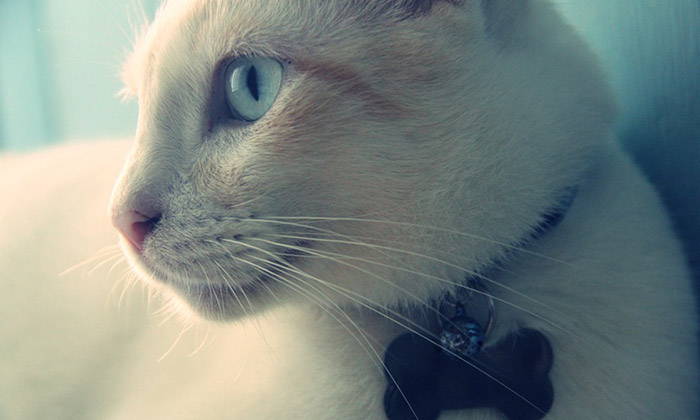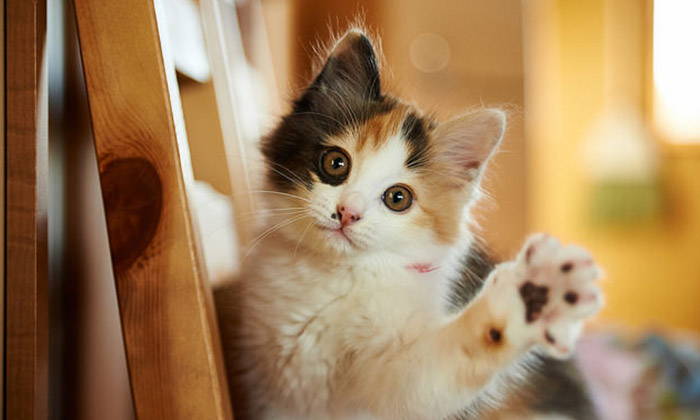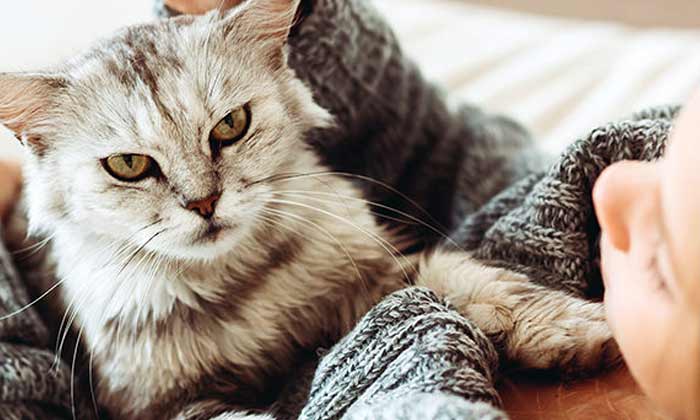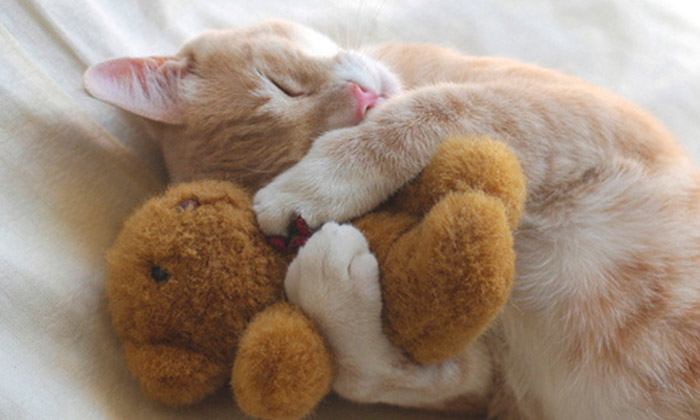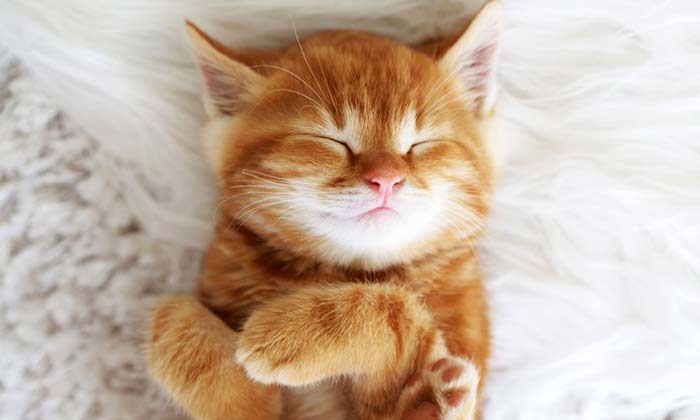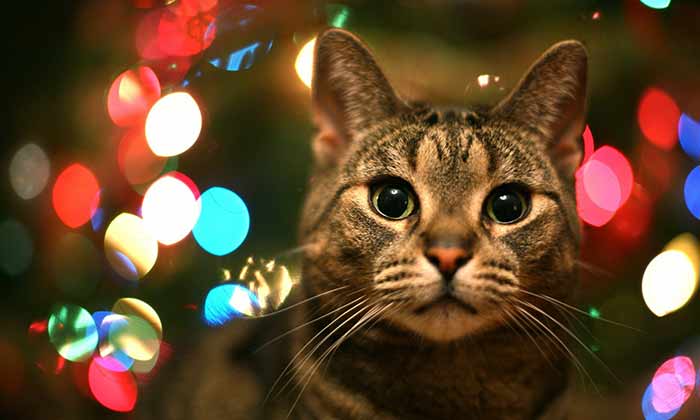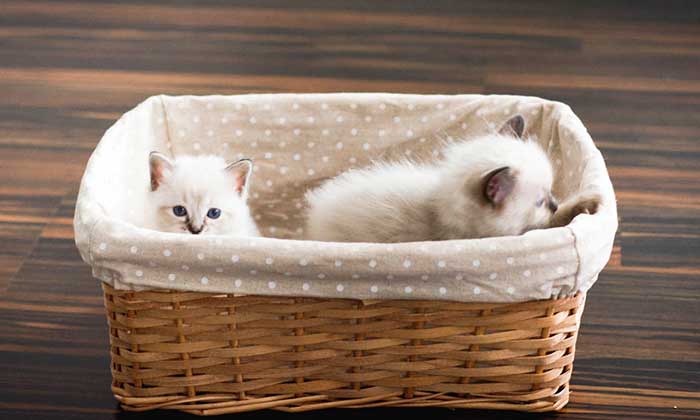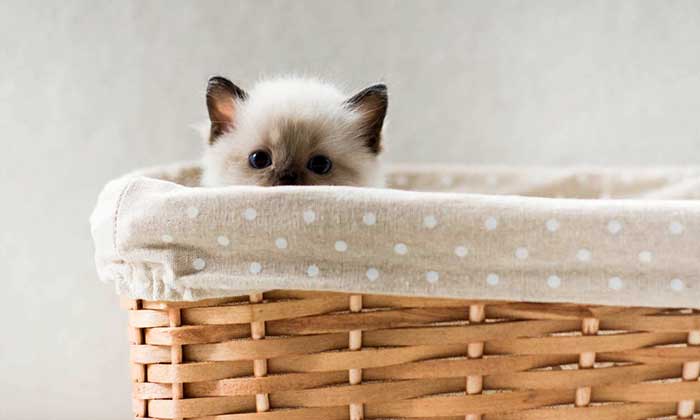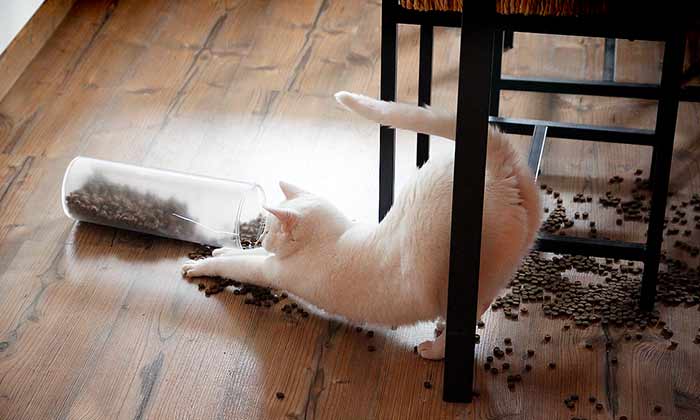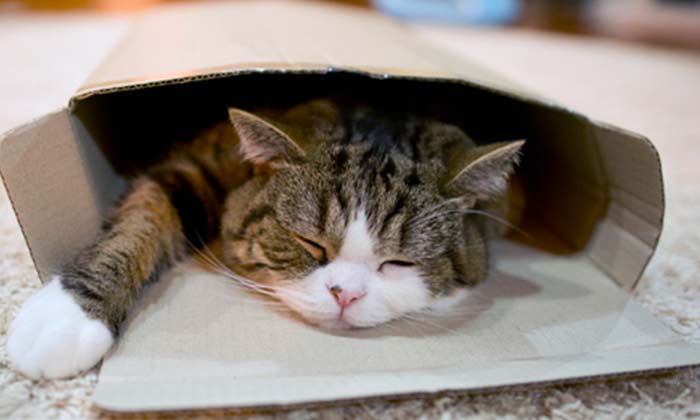6 Frequent Cat Health Issues
No matter how resilient your cat may be, he will occasionally get sick and need your help to recover from cat health issues. Be on the lookout for these symptoms of common illnesses.
6 Typical Cat Health Issues
Feline Lower Urinary Tract Disease (FLUTD)
Feline Lower Urinary Tract Disease (FLUTD) is fairly common among cats. It can affect both males and females, and it’s typicalls among cat health issues seen in cats that are overweight or eat only dry food. Sudden environmental changes, stress, or a multi-cat household can increase your cat’s risk of getting FLUTD. There are many different types of FLUTD, so treatment varies. Potential symptoms include:
- Vomiting
- Lack of appetite
- Difficult urination
- Bloody urine
- Painful urination
- Licking around the urinary area
- Dehydration
- Depression
The inability to urinate can quickly escalate to an emergency. Consult your veterinarian immediately if your cat exhibits any of these symptoms.
Vomiting
Vomiting is highly common among cats, and it can have several different triggers for this cat health issue. Your cat may have ingested something inedible or toxic, or he may have a urinary tract infection, diabetes, or another underlying disorder. He could also be struggling with a hairball!
Additional symptoms of vomiting include abdominal heaving and excessive drooling. Vomiting can cause your cat to become dehydrated before too long. If your cat vomits more than once within a short span of time, or appears to be ill, take him to the vet immediately. If possible, bring a sample of your cat’s vomit for your vet to analyze these cat health issues.
Tapeworms
 Although they are fairly common, tapeworms should be taken seriously. Tapeworms are large parasites that inhabit the small intestine. While they can reach lengths of up to two feet, they typically break apart during defecation. It’s highly unlikely that you would see a full worm, but you may notice fragments in your cat’s waste.
Although they are fairly common, tapeworms should be taken seriously. Tapeworms are large parasites that inhabit the small intestine. While they can reach lengths of up to two feet, they typically break apart during defecation. It’s highly unlikely that you would see a full worm, but you may notice fragments in your cat’s waste.
Possible symptoms of tapeworms include weight loss and vomiting. If you suspect that your cat has tapeworms, examine his feces, anal area, and bedding. Tapeworms typically emerge when your cat is sleeping or relaxed. The segments will be about the size and color of a grain of rice.
Thankfully, tapeworms are relatively easy to treat. Possible options include topical, oral, or injected medication. Your vet can recommend the best route for your pet. If your cat has tapeworms, it’s likely that he also came in contact with fleas recently. Be sure to treat that condition as well, if applicable.
Fleas
Fleas are highly common and treatable among cats. Signs and symptoms include:
- Irritated skin
- Hair loss
- Persistent scratching
- Frequent licking
- Tiny black dots on skin
- Skin infections
Be sure to treat any flea problems promptly, as your cat could become anemic if the symptoms persist for too long. Talk to your veterinarian about which medications are most appropriate for your cat. Both topical and oral medications will be available.
Eye Issues
Eye problems have several potential causes, including inflammation, glaucoma, trauma, viruses, conjunctivitis, and cataracts. If your cat has an eye problem, you will most likely notice one or more of the following symptoms:
- Squinting
- Pawing at the eye
- Watery eyes
- Discharge in the corners of the ye
- A visible third eyelid
- Red or white eyelid linings
If left untreated, minor eye problems can become serious conditions. Consult your cat veterinarian for advice.
Diarrhea
Most cats will experience diarrhea occasionally. Symptoms include watery or liquid stools. More often than not, it’s nothing to worry about, but persistent diarrhea could indicate a serious condition.
If you notice that your cat has diarrhea, offer him plenty of water to prevent dehydration. Monitor him for the next 24 hours. Take your cat to the vet immediately if he shows any of the following signs or symptoms:
- Dark stools
- Bloody stools
- Lethargy
- Fever
- Difficulty defecating
- Loss of appetite
Your vet will be able to determine the cause of diarrhea and offer an effective treatment plan for this and any other cat health issues.
Did I miss something? Please let me know in the comments.

